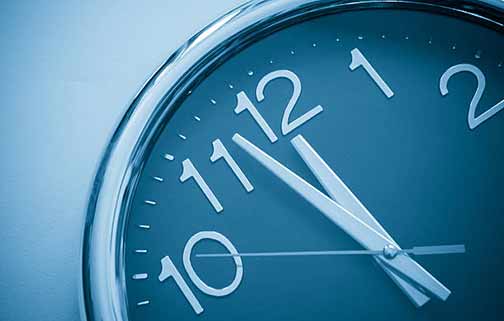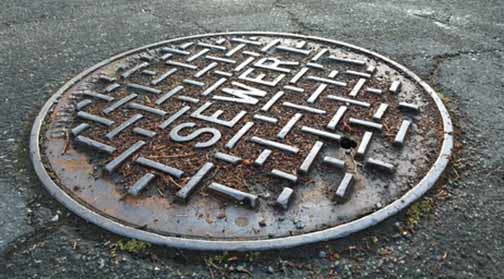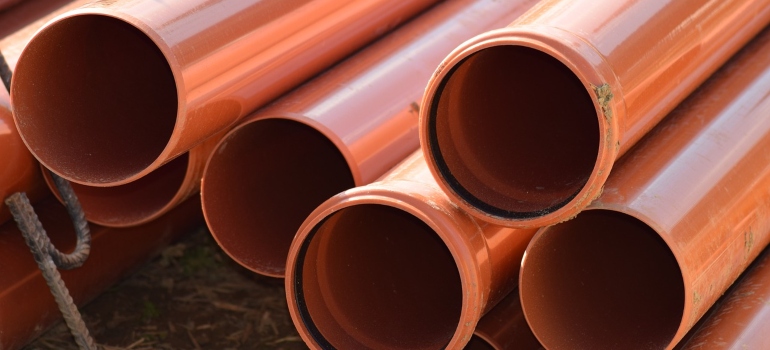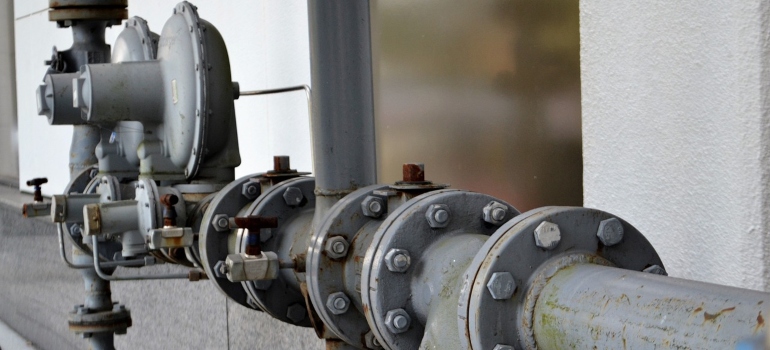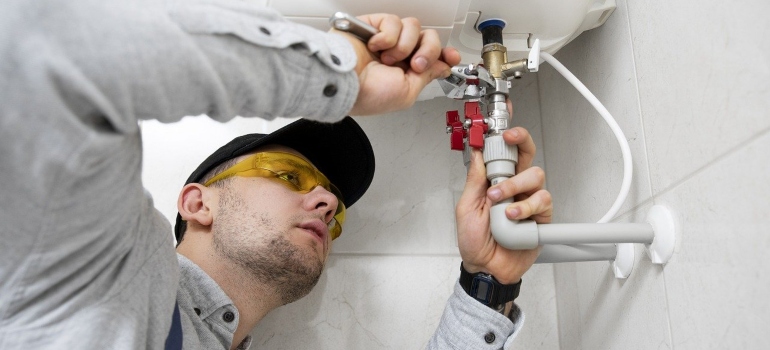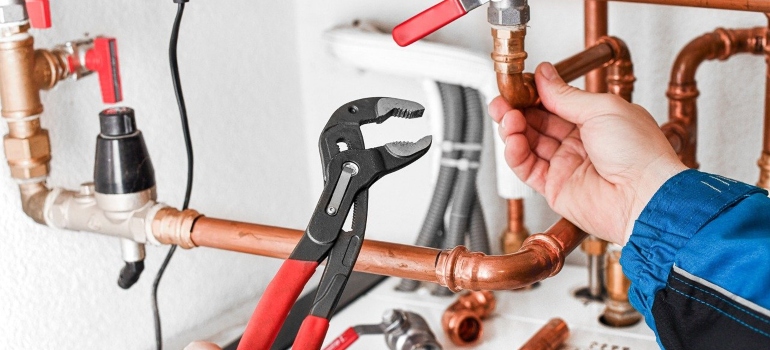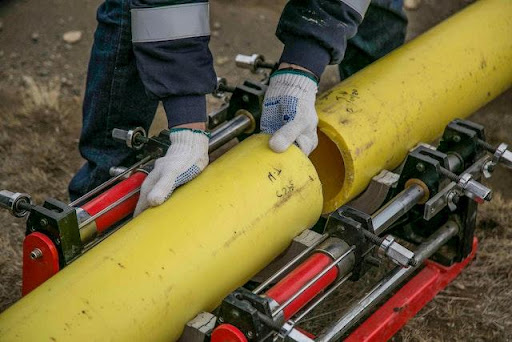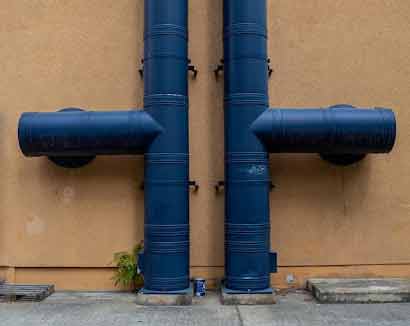
The main sewer line is an essential component of your home’s plumbing system, responsible for transporting waste from your house to the municipal sewer. A problem with this critical path can lead to significant disruptions. Usually, issues arise due to clogs caused by grease buildup, tree root intrusion, or aging pipes that have deteriorated over time.
Understanding the type of problems that can affect your main sewer line is crucial. Common issues include blockages created by foreign objects such as sanitary wipes or cooking grease; root intrusion, where tree roots infiltrate and clog the pipes; cracks due to the settling of soil or aging materials, corrosion of older pipes, and damage caused by shifting or environmental factors.
Signs That You Need a Sewer Line Replacement
Identifying the signs that indicate a failing sewer line is essential for homeowners to act promptly and avoid further damage. One of the more obvious symptoms is frequent plumbing backups, particularly when multiple drains in the house are affected at the same time.
You may also notice a significant drop in water pressure, slow draining fixtures, or unusual noises emanating from your pipes. Foul odors coming from drains or seepage of wastewater around your property are critical red flags signaling potential sewer line damage that necessitates immediate attention. Lastly, noticeable patches of lush, green grass could indicate a leaking sewer line fertilizing your yard.
Importance of Timely Sewer Line Replacement
Addressing sewer line issues as soon as they are identified can help prevent extensive and costly damage to your home. Timely replacement of a failing sewer line ensures that your household plumbing continues to function smoothly without the risk of major sewage backups or exposure to hazardous materials.
Additionally, a properly functioning sewer line is crucial to your home’s overall health environment. Eliminate health hazards that come with sewage leaks, such as bacteria, viruses, and pathogens. Moreover, timely intervention can protect your property value by maintaining the integrity of your plumbing system and avoiding costly repairs down the road.
The Sewer Line Replacement Process
Replacing your main sewer line involves several steps, each requiring professional attention to ensure the job is done correctly. Initially, a thorough video camera inspection of the sewer line by a licensed plumber is necessary to assess the extent of the damage and determine the best approach for replacement.
Once the plan is in place, the replacement process typically begins with excavation to access the damaged line. Depending on the situation, trenchless methods such as pipe bursting or pipe lining may be employed to minimize landscape disruption. The old sewer line is then replaced with a new pipe made of durable materials like PVC.
After installation, rigorous testing is conducted to ensure the new sewer line functions correctly and meets all regulatory standards. Finally, the excavated area is filled in and restored to its original condition, leaving you with a fully operational sewer system.
Cost Considerations for Sewer Line Replacements
The cost of replacing a main sewer line can vary significantly based on several factors, including the length of the pipe, the extent of the damage, the method used for replacement, and local labor rates in Chicago. On average, homeowners can expect to pay anywhere from $7,000 to $12,000 for a complete sewer line replacement. In Chicago, homeowners are responsible for the replacement up until the line hits the sidewalk. Anything past the sidewalk, the City of Chicago is responsible.
Additional costs may arise from necessary permits, inspection fees, and potential restoration of landscaping or hardscaping affected by excavation. While the expense can seem daunting, investing in a high-quality sewer line replacement can save you money in the long run by preventing recurrent issues and costly repairs.
Choosing Reliable Professionals
Selecting the right professionals for your sewer line replacement is crucial to ensure the job is done correctly and efficiently. Look for licensed and insured plumbers with a strong reputation in Chicago. It’s essential to verify their experience with sewer line replacements and ask for references from previous clients.
Obtain multiple quotes from different contractors to compare prices and services offered. Additionally, ensure the contractor you choose provides a comprehensive warranty on their work and is familiar with local building codes and permit requirements.
Benefits of Professional Sewer Line Replacement
Hiring professional plumbers for your sewer line replacement offers several advantages. Experienced professionals have the necessary skills and equipment to handle complex sewer line issues and ensure the job is completed to a high standard. This expertise reduces the risk of future problems and extends the lifespan of your new sewer line.
Professional plumbers also provide peace of mind by adhering to all safety and regulatory standards. Their knowledge of the latest technologies and methods, such as trenchless sewer replacement, can result in a more efficient and less disruptive process.
Preventing Future Sewer Line Issues
Taking proactive measures to maintain your new sewer line can help prevent future problems and extend its lifespan. Regular inspections and maintenance by a professional plumber are essential to identify and address potential issues before they escalate.
Homeowners should also be mindful of what they flush down their drains. Avoid disposing of grease, non-biodegradable items, and large amounts of food waste in your plumbing. Planting trees away from your sewer line and using root barriers can also help prevent root intrusion.
Common Replacement Challenges
Sewer line replacements can come with their fair share of challenges. One common issue is encountering unexpected underground obstacles, such as large rocks or utility lines, which can complicate the excavation process and increase costs.
Additionally, older homes in Chicago may have outdated plumbing systems that require extensive modifications to accommodate new sewer lines. Weather conditions can also pose challenges, as heavy rain or extreme cold can delay the replacement process and affect soil stability.
Sewer Line Replacement Regulations in Chicago
Replacing a main sewer line in Chicago involves adhering to specific regulations and obtaining the necessary permits. The Chicago Department of Water Management oversees these regulations to ensure that all sewer work is conducted safely and meets local standards.
Homeowners or their contractors must apply for permits and schedule inspections to verify compliance with building codes. It’s essential to work with a professional knowledgeable about these regulations to avoid potential fines and ensure a smooth replacement process.
Homeowner Tips During Sewer Line Replacement
As a homeowner, there are several steps you can take to make the sewer line replacement process smoother. Clear the area around your sewer line to provide easy access for plumbers. Communicate openly with your plumber about any concerns or questions you may have.
During the replacement process, minimize water usage in your home to prevent backups and allow plumbers to work efficiently. Additionally, inform your neighbors about the work being done, as it may cause temporary disruptions or noise.
After the replacement is complete, closely monitor your plumbing system for any signs of issues and maintain regular communication with your plumber to address any concerns promptly.
Understanding the intricacies of main sewer line replacement in Chicago can empower homeowners to take the necessary steps to maintain their plumbing systems. By staying informed and working with reliable professionals, you can ensure a smooth and successful sewer line replacement process that protects your home and investment.
—
In need of a sewer line replacement in the Chicago area? We can help! Contact us at 773-599-9181 or by form below:

